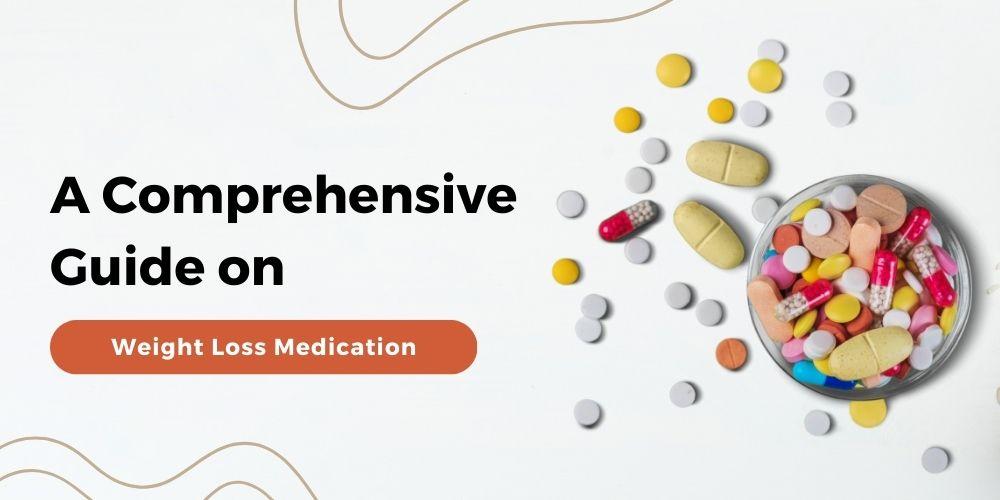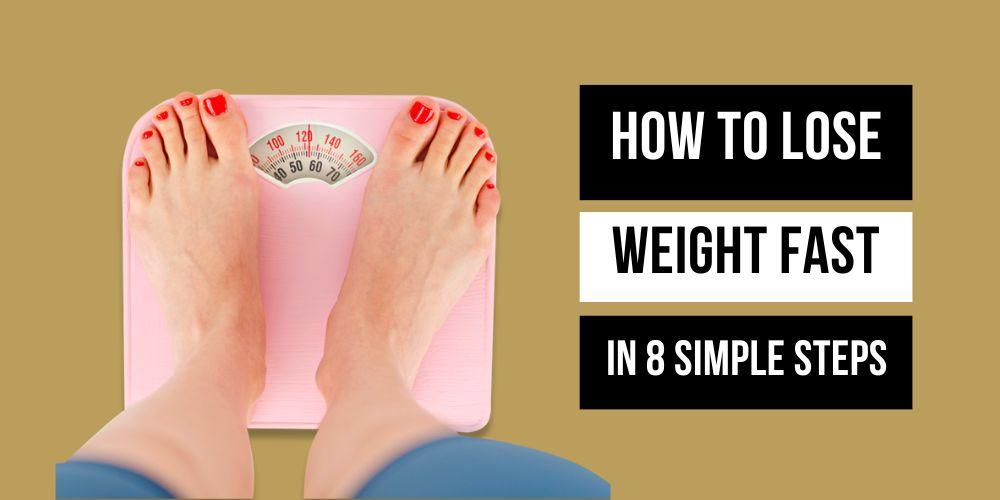Weight loss medication, also known as anti-obesity medication or referred to as weight loss drugs, is a prescription aimed at reducing one’s food cravings and appetite. When taking weight loss drugs, you become less hungry, and with that, you reduce the intake of daily calories. Other types of weight loss medications cause the body to absorb less fat from food, but the purpose of both formulas is to help the patient who is having difficulty losing weight even after attempting a lifestyle change. With the different types of weight loss medications that are available and the doctor’s supervision that’s required in most cases. Learning more about this life-changing treatment is well worth the time.
What science says about weight loss medication

While there are not many randomizing studies that explore the efficiency of weight loss, medication and there are a few that shows the medication is not the only factor that facilitates weight loss. When combined with healthy lifestyle changes, like a balanced diet and regular exercise, weight loss medication works more effectively than using its own.
For instance, small studies have shown that when people take chitosan and have calorie-restricted diets, the weight loss is a bit higher; plus, the adverse effects are lower. With CLA, there is also some evidence that weight gain and fat absorbency are controlled. However, even with all these products, regular exercise and a proper diet is a must.
How well does weight loss medication work?

Weight loss medication can be taken for several weeks to a few years, depending on the individual’s needs. Prescriptions that are used for 12+ weeks, also known as long-term weight loss drugs, lead to major weight loss if used correctly.
During a year-long period, it is expected the total body weight loss to be around 3-12%. While this may not seem like a lot, managing to drop 5-10% of the total weight, and not gaining it back after the weight loss medication will have great health benefits. Lower blood pressure, sugar levels, or fat levels in the blood are just a few.
The pros and cons of weight loss medication
There are many health benefits to reducing your weight. As mentioned, losing 5-10% of the total body mass means lower blood pressure, glucose, and lipid levels, but that is just on the surface. Losing just 3-5% of the total weight will decrease the chances of heart disease, which is a game changer when it comes to improving your health.
In another illustration, every two pounds of weight equalize to 9-13% increased chances for arthritis. The same goes for the knees, only this time the pressure is double the weight. However, this strain on the joints can be avoided if appropriate weight loss treatment is introduced.
Of course, there are also some drawbacks to weight loss medication. Some common side effects include nausea, diarrhea, and constipation, but they lessen over time. Luckily, you would rarely encounter serious side effects. However, it is always important to check with your healthcare provider first about all possible treatment choices. As weight loss treatment can be expensive, and not everything is paid for by your insurance, checking with your insurance company for coverage is recommended.
How long do I take weight loss medication?

There is no one answer to this question, as there is no defined fast and hard timeline. Almost always, it is up to the person to stick to the weight loss plan. Plus, success does depend on how their body responds to different treatments. It is common to see results in the first weeks. Nevertheless, if you are dedicated, and still after 12 weeks you can’t pass by the 5% weight loss mark, checking for a different weight loss plan with your doctor is recommended. After all, based on weight loss and health goals, taking weight loss medication can go on for years.
Where to start and what does it cost?

The first step towards weight loss treatment involves checking with your physician about your current health status and possible regimens. Next, before selecting the right prescription for you, the healthcare provider will go through your medical history and health challenges, while describing the possible pros and cons of the weight loss treatment in place. This is because weight loss drugs are not for everyone. Plus, most treatments can cost from around $50 to several hundred dollars monthly, so making sure you get your ROI is important.
Understanding all these questions, Apollo T Center created a scientifically proven weight loss treatment, aimed at anyone above 18 with BMI above 26. From the right weight loss medication, fat burners, and vitamin injections, up to the proper diet and exercise, they make sure each patient’s unique goals and needs are satisfied, while always keeping their medical history in mind.


